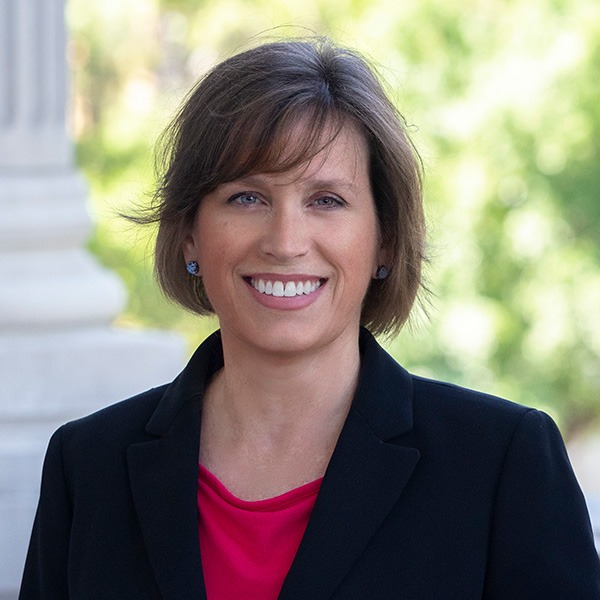Starting in 2024, things will be changing as far as trust account random audits are concerned. Through the end of 2023, and for many years, the State Bar’s Random Trust Account Audit program operated the same way. A computer program randomly selected two judicial districts to audit each quarter. Once the judicial districts were picked, a software program scrambled or randomized the alphabetical listing of attorneys from the selected districts. The number of lawyers audited in each district (60) was done by proration. An example would be if there were 1000 attorneys in Judicial District 1, and 400 lawyers in Judicial District 2, for a total of 1400 lawyers, then lawyers from District 1 would make up approximately 71% of the total number of lawyers subject to auditing and District 2 would make up approximately 29% of the lawyers audited. The same total number of lawyers would be selected each quarter, 60 lawyers, but larger districts would have a larger percentage of the 60 lawyers audited. The selections were made by lawyer names, not law firm names. The lawyer selected did not need to be a signatory on the trust account, but if any lawyer in a large law firm was selected, the State Bar auditor would review all general and fiduciary accounts for the law firm.
As you may deduce, if a small judicial district was selected in one quarter, say with only 100 or fewer eligible lawyers, then if you audit a total of 60 lawyers over the two districts, many of the lawyers will be selected for audit each time that smaller judicial district is audited, especially if two smaller districts were selected at the same time. If, however, one large district was selected for audit, having 4,000 or so lawyers, then very few lawyers, relative to the size of the district, would be selected, even if the district was selected often for random audit. The chances of a lawyer from a very large district being selected in the random audit process would be more remote than lawyers living in a more rural district with fewer lawyers.


